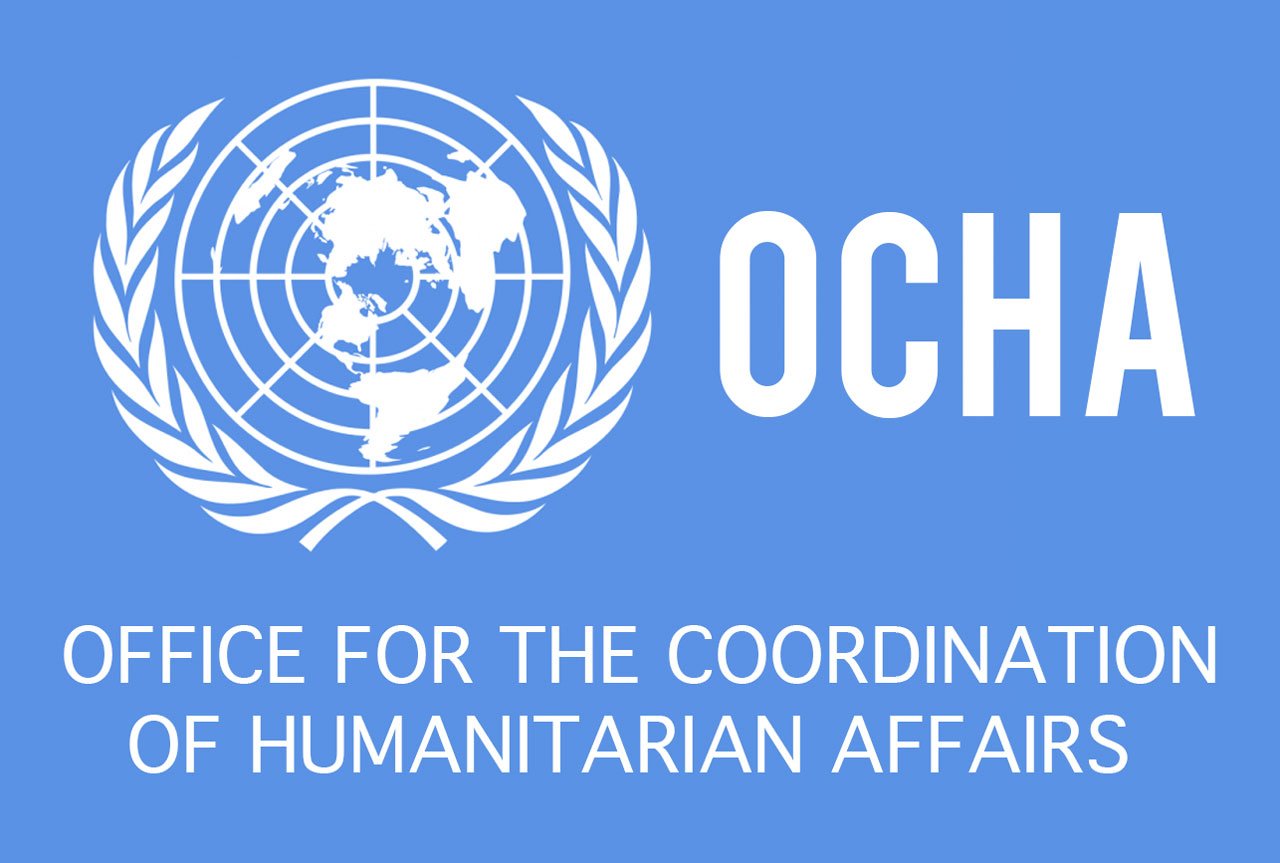(SONNA) The third quarter (Q3) of 2021 saw the number of recorded access incidents decline significantly compared to the two preceding quarters and to the same period in 2020. During Q3, OCHA recorded 30 access incidents across Somalia with humanitarian implications. This is a 58 percent reduction compared to each of Q1 (70 incidents) and Q2 (71 incidents) and a 40 percent decline compared to the same period in 2020 (50). While the reason for the decline in recorded incidents is not clear, it may be related to the tightening up of security by the Government over the extended election period or as a result of a reduced risk posture being taken by partners during the election period (such as reduced missions/field presence) to mitigate the impact of security incidents on their staff and operations. Another possibility is that new, remote ways of working adopted during the COVID-19 pandemic have resulted in less exposure and a lower number of incidents. Regardless of the reduction in recorded incidents, there have been no changes in power dynamics nor control of areas and no improvement in the overall access environment.

While the number of access incidents in this quarter slowed significantly with a monthly record of 12 incidents for July, eight in August and ten in September, there have been variations in the types of the recorded incidents. Nine incidents were documented for each of ‘interferences in the implementation of humanitarian implementation’ and ‘violence against humanitarian personnel, assets and facilities by authorities’ that continued to intervene in the modus operandi of the humanitarian organizations. Due to the Hagaa rains lingering from July to September, four incidents of ‘physical constraints resulting in movement restrictions’ were documented. Rains also resulted in stagnant water blocking the main roads in Mogadishu and restricting civilian movement, including for humanitarian aid workers. In late July, floods damaged the road in Qardho town (Bari region) and resulted in the temporary suspension of movement along the road while trucks waited for the waters to recede. In September, rains damaged public buildings in Caynabo district (Laas Caanood) resulting in the temporary closure of a health facility and market places for a day. Elsewhere, as a result of military offensives and clan hostilities, four incidents of military operations and ongoing hostilities impeding humanitarian operations were documented.
On 4 July 2021, fighting between Galmudug security forces and Al-Shabaab at Cabdi Xashi Xayow village along the main road between Dhuusamarreb and Guri Ceel towns (Galgaduud region) prevented civilian movement for three to four hours and resulted in an unspecified number of civilian casualties. A mortar attack on Aden Abdulle International Airport (AAIA) on 21 July resulted in the injury of one international contractor and caused panic among civilians in the nearby Xalane neighborhood in Wadajir district of Mogadishu. On 18 September, clan clashes in Xananbure villages (Cabudwaaq district, Galgaduud region) resulted in armed militias taking over a school and using it for military purposes, preventing 200 students’ access to education.
Finally, on 19 September, Al-Shabaab detonated explosives that damaged part of the recently refurbished airport building at Bulo Burto (Hiraan region), inhibiting air access to this already besieged town, impacting humanitarian actors’ ability to provide assistance given that air is the only means to access the town. Two incidents of restrictions on, or obstruction of, conflict affected populations access to services and assistance were documented and one incident each relating to restriction of movement of organizations, personnel or goods into the country and restriction of movement of organizations, personnel or goods within country were recorded. Of note, on 24 and 26 July 2021, non-state actors intercepted 25 donkey carts travelling to Waajid town (Bakool region) and burned or confiscated the commodities being carried in them, potentially further constraining the already precarious livelihoods of the district’s population of 52,649 people. Waajid has been under military encirclement since 2014.
During Q3, the highest number of incidents were documented in Woqooyi Galbeed (nine) followed by Galgadud and Banadir (four each). Three incidents were documented in Mudug and two in each of Sool, Bakool and Bay regions. One incident was documented in each of Bari, Gedo, Hiran and Togdheer regions. Following the 16 August 2020 Government of Somaliland directive on the modus operandi for the operation of NGOs, on 8 September, the Somaliland Ministry of Planning and National Development conducted a review of NGOs and revoked the licenses of 2,372 local NGOs, with only 236 local NGOs being recognized as operational by the Government of Somaliland.
While there were no incidents resulting in the death or abduction of humanitarian staff during Q3, two humanitarian workers were injured and a further four detained. This is a deterioration on Q2 which saw no violent incidents recorded, although it is an improvement on Q1 when one humanitarian worker was killed, four were injured, one abducted and one detained. Overall, the period between January and September 2021 has seen one staff killed, seven injured, one abducted and six detained. This is a significant decrease on same period of last year during which the deaths of 11 humanitarian workers were recorded with 12 injured, 24 abducted and 14 detained.
Source: OCHA





